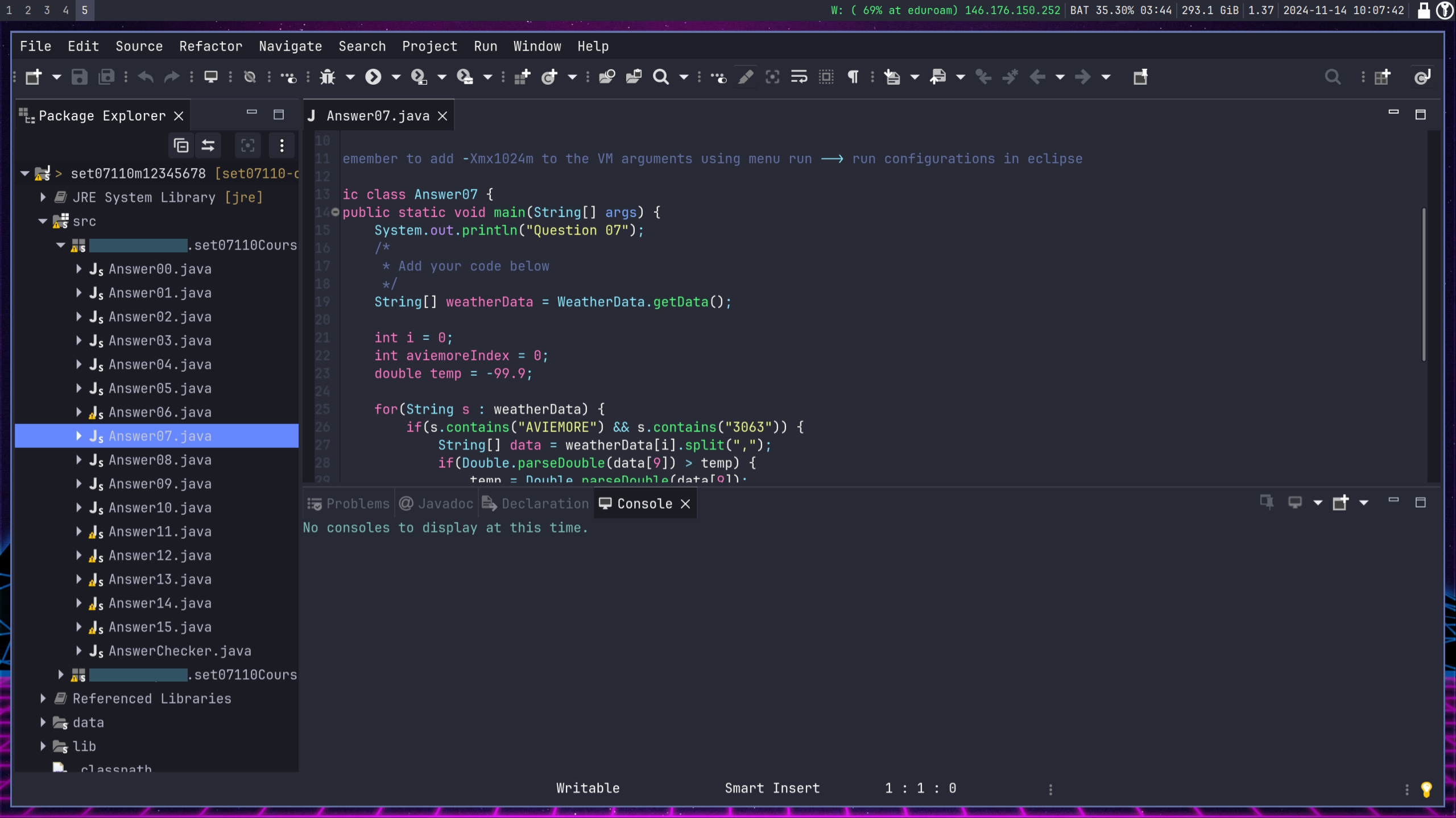102
you are viewing a single comment's thread
view the rest of the comments
view the rest of the comments
this post was submitted on 14 Nov 2024
102 points (96.4% liked)
Programmer Humor
19821 readers
1147 users here now
Welcome to Programmer Humor!
This is a place where you can post jokes, memes, humor, etc. related to programming!
For sharing awful code theres also Programming Horror.
Rules
- Keep content in english
- No advertisements
- Posts must be related to programming or programmer topics
founded 2 years ago
MODERATORS

Same, I always remember this with interfaces and inheritance, shoehorned in BS where I'm only using 1 class anyway and talking to 1 other class what's the point of this?
After I graduated as a personal project i made a wiki for a game and I was reusing a lot of code, "huh a parent class would be nice here".
In my first Job, I don't know who's going to use this thing I'm building but these are the rules: proceeds to implement an interface.
When I have to teach these concepts to juniors now, this is how I teach them: inheritance to avoid code duplication, interfaces to tell other people what they need to implement in order to use your stuff.
I wonder why I wasn't taught it that way. I remember looking at my projects that used this stuff thinking it was just messy rubbish. More importantly, I graduated not understanding this stuff...
I wouldn't say that inheritance is for avoiding code duplication. It should be used to express "is a" relationship. An example seen in one of my projects: a mixin with error-handling code for a REST service client used for more than one service has log messages tightly coupled to a particular service. That's exactly because someone thought it was ok to reuse.
In my opinion, inheritance makes sense when you can follow Liskov's principle. Otherwise you should be careful.
You're not wrong but I think when you're teaching someone just having 1 parent and 1 child class makes for a bad example I generally prefer to use something with a lot of different children.
My go-to is exporters. We have the exporter interface, the generic exporter, the accounting exporter and the payroll exporter, to explain it.
At school, the only time I used inheritance was 1 parent (booking) and 1 child (luxury) this is a terrible example imo.
Maybe that example was made terrible because the author couldn't think of a good ways to show how great this can be. I'm obviously a fan of SOLID, and OCP is exactly why I don't worry if I have only one class at the beginning. Because I know eventually requirements would change and I'd end up with more classes.
Some time ago I was asked by a less experienced coworker during a code review why I wrote a particularly complex piece of code instead just having a bunch of if statements. Eventually this piece got extended to do several other things, but because it was structured well, extending it was easy with minimum impact for the code-base. This is why design matters.
Above claims are based on nearly 2 decades of writing software, 3/4 of it in big companies with very complex requirements.
What no, inheritance is not for code sharing
Sound bite aside, inheritance is a higher level concept. That it "shares code" is one of several effects.
The simple, plain, decoupled way to share code is the humble function call, i.e. static method in certain langs.
I mostly come to prefer composition, this approach apparently even has a wiki page. But that's in part because I use Rust that forbids inheritance, and don't have such bullshit (from delegation wiki page):
Why would one substitute
basthiswhen called fromb.ais beyond me, seriously.